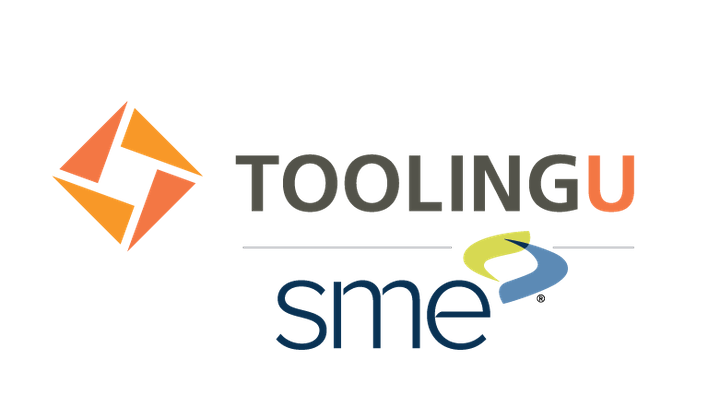
Robot Sensors is an overview of common sensors used with robots, their functions, and their applications. Sensors provide robots with an awareness of their environment and the ability to execute tasks with greater precision and accuracy. Sensors are categorized as either internal or external and either contact or noncontact. Contact sensors detect objects by physical touch, while noncontact sensors detect objects using a variety of methods, such as cameras, beams of light, or electrical sensing fields. Sensors collect and send a large amount of data to enable more autonomous robots, which makes sensors an essential component of Industry 4.0. After taking this class, users will be able to describe the functions of the different types of robot sensors and how to select appropriate sensors for an application.
Other Courses in this Program:
Introduction to Robotics 201620210 Robot Safety 211
620215 Robot Applications 215
620230 Robot Components 221
620220 Industrial Network Integration 260
470260 Robot Power and Drive Systems 265
620265 Introduction to Collaborative Robots 275
620275 Robot Troubleshooting 331
620250 Concepts of Robot Programming 341
620260
Course ID
620245
Skill Focus
Advanced
Instructor(s)
ToolingU
Employee Type
Method of Delivery
Online
Estimated Effort
60